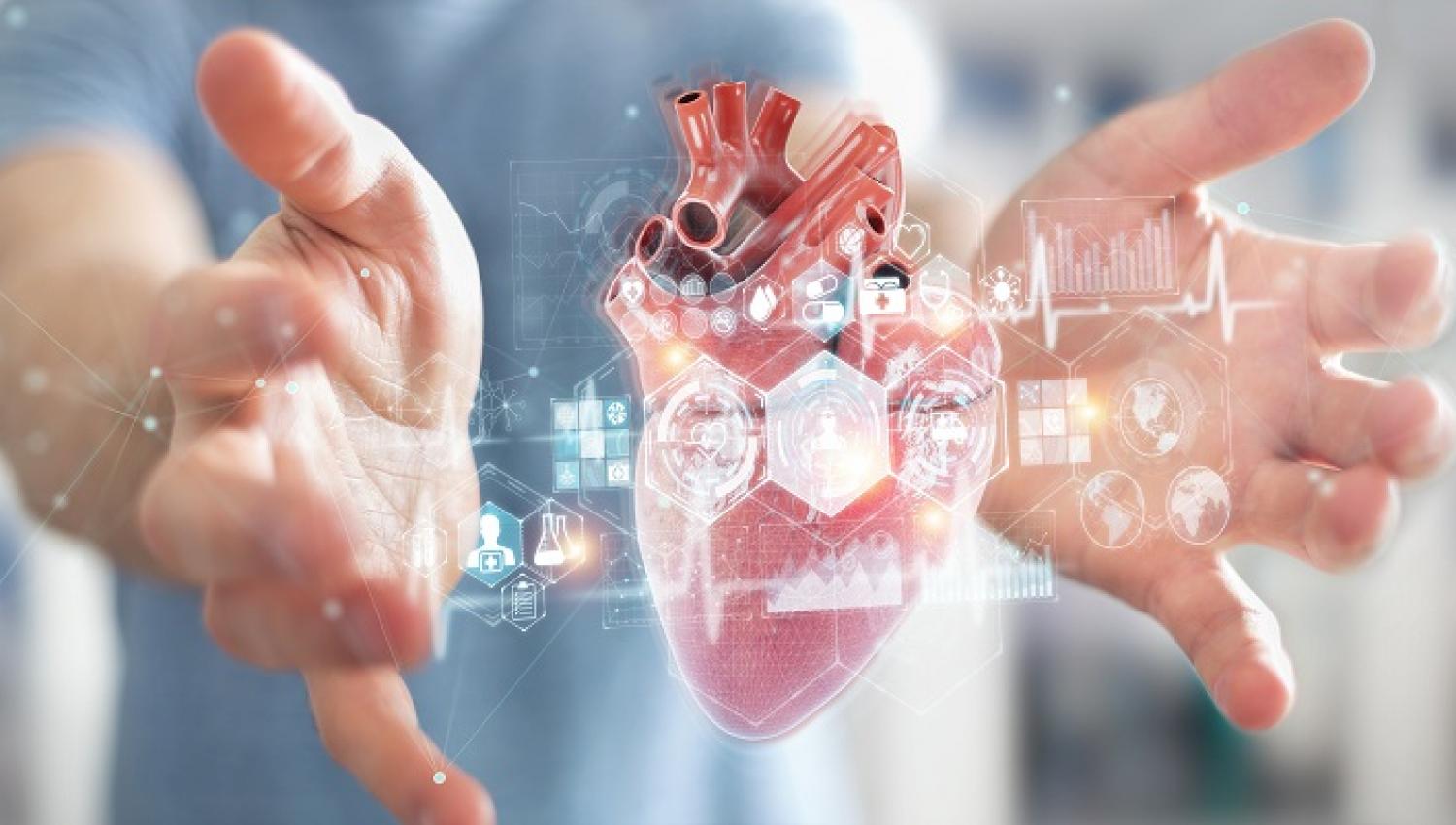Stay Away from Depression and Protect Your Heart!
Yeditepe University Hospital Cardiovascular Surgery Specialist Prof. Dr. Halit Yerebakan informed about the causes of heart attack and the symptoms experienced at the time of heart attack.
If you have never seen someone having a heart attack before, the first image that comes to mind of someone having a stroke is similar to the one in the movie scenes. Usually, a man with his hand on his chest suddenly collapses, and the diagnosis is a heart attack. It is believed that heart attack occurs in men rather than women. This partially correct information does not necessarily mean that women will not have heart attacks. Our bodies give us signals about what is going on. The important thing is to read these messages correctly and on time. The female and male bodies are systems that function differently. Therefore, the same disease can give different signs in both sexes. Heart attack is one of them. If you have problems such as fatigue, heartburn, indigestion, sudden dizziness, and inability to sleep, these may be signs that you are at risk for a heart attack. However, those who experience these symptoms attribute these symptoms to different causes. Stress, busy work, and city life are one of these reasons. These are signs that need attention. The reasons that indicate a heart attack in women can be listed as follows:
Fatigue is one of the most frequently complained about conditions today. Insomnia, flu, and the side effects of the drugs you use can cause you to feel tired. However, this does not necessarily mean that the real cause of your complaint is one of them. According to a study of women who had a heart attack, more than 70 percent of women who had a heart attack reported feeling fatigued that persisted in the pre-crisis period.
You Should Take Coughing Seriously
If you cannot fall asleep immediately when you go to bed at night and this situation covers a long period rather than a daily hardship, you need to be careful. A study of women who have had heart attacks points out that women should pay attention to the problem of insomnia. According to this study, almost half of the women who had a heart attack said that they had a period of insomnia before the heart attack.
When you do your routine activities during the day, if you have started to have difficulty compared to the previous one, and the most obvious change that bothers you is shortness of breath, never avoid this situation. Research shows that shortness of breath, which cannot be attributed to a known condition and develops at an unexpected time, may be a sign of heart attack risk for women. If you have a completely independent cough as well as shortness of breath, this may be a signal you need to take seriously.
Pre-Crisis Symptom: Heartburn
The way you eat, and the stomach disorders you already have may cause you to experience heartburn. If you are experiencing heartburn or indigestion that you have not experienced before, do not avoid it. A study of women who have had a heart attack shows that women who have (sudden) heartburn and indigestion should be careful. According to this survey, almost 40 percent of women who had a heart attack reported heartburn or indigestion before the crisis.
Nausea and Vomiting May Be a Signal
In addition to heartburn, unprovoked nausea, and vomiting are also among the symptoms of heart attacks in women. In one of the studies examining the pre-cardiac symptoms, it was found that women experienced stomach and intestinal system diseases twice as often as men. In this case, women who experience complaints such as indigestion, nausea, and vomiting that develop for no reason should pay twice as much attention.
In today's conditions, depression, inner tightness, and unnecessary anxiety are among the common conditions. In fact, panic attacks, whose incidence has increased significantly, are one of the psychological disorders that are easily confused with heart attacks. As I mentioned before, if there is no known reason for the situation you are experiencing, you should take the situation seriously.
A study of women who have had a heart attack points out that women who experience unprovoked anxiety and internal contraction should be careful. According to this survey method, the majority of women who had heart attacks stated that they experienced unprovoked anxiety and narrowing in the pre-crisis period.
Obese People and Smokers at Risk
The ailments you have can increase your risk for a heart attack. If you have diseases or habits such as high blood pressure, obesity, diabetes, cholesterol, smoking addiction, and poor nutrition, you do not need to wait for the sneaky signals I mentioned above. Each of these conditions indicates that you are at risk for a heart attack. Acting early in such diseases, which can have fatal consequences, saves lives. Especially if the symptoms that women should pay attention to are accompanied by an existing discomfort, they should pay attention twice. The heart is the center that feeds all other systems. If it is good, everything is good.
Beware of Common Pain in the Body
Before a heart attack, the complaint of chest pain is one of the most common symptoms. However, not all chest pains mean that you are having or will have a heart attack. According to a study, only 30 percent of women who have had a heart attack report experiencing chest pain in the pre-crisis period. Among the participants of the survey, the number of people who said that they experienced widespread and unprovoked pain in different parts of their body in the pre-cardiac period is very large. An unreasonable feeling of pressure and tension in certain parts of the body, and a burning sensation in the neck, shoulder, arm, even chin, and back are among the complaints experienced in the pre-crisis period. In short, a lot of pain in the body can be a sign of a heart attack.
Cold and Sweating May Be a Signal
A study of women who have had a heart attack points out that those who experience dizziness and sweating for no reason should be careful. Of the women who had a heart attack, 40 percent said they were dizzy before the crisis, and the other 40 percent said they were cold and sweaty. Dizziness and cold sweating are also symptoms of menopause. The important thing is to read the complaint correctly and know why.


